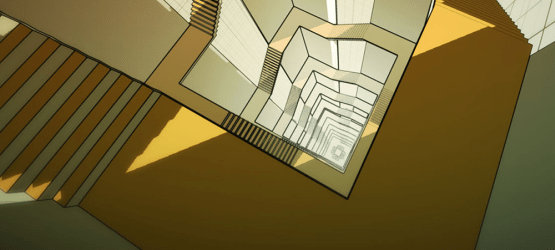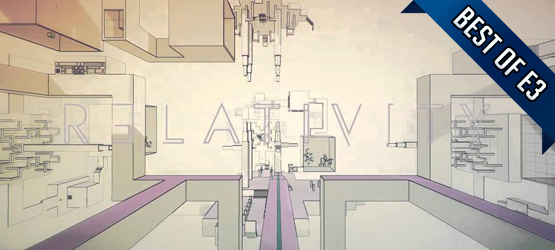
Abstract puzzle games are sometimes a difficult thing to qualify. They are, by definition, abstract. Some, like Echochrome, deal with perspective. Others, like Echoshift, deal with time. They all have some unique twist to them that make them unlike anything you have ever played before. Willy Chyr’s Relativity is one of those games. We went hands-on with this indie game while at E3 2015, and have our preview ready for your brain to attempt to make sense of.
It’s All Relative
Relativity’s goal is pretty clear – press buttons and place colored cubes on certain matching spots to open doors and proceed onwards. You’re not in some complicated narrative, nor are there time limits, lives, health, or any of those other traditional gaming mechanics. This is simply (mostly) one man’s imagination and puzzle creativity brought into the virtual realm, and you are tasked with seeing if you can figure out all of the challenges brought before you. The puzzles start out pretty simply; press a button here, move a block there. But then you find that you cannot jump to move up a large staircase. By pressing any trigger button, gravity shifts to pull down from the wall that you are currently looking at. Your perspective shifts, the color of the ground and cubes lights up from white to whatever color this side of the puzzle is colored as, and most importantly gravity is now pulling in a new direction, though always underneath you.
This game is all about spatial awareness. When gravity is so malleable, it forces you to think with portals relatively in the truest sense. The blocks don’t move when gravity isn’t activated on their side of the puzzle, and they are effectively frozen in time. This comes in handy when you’re trying to get another block up higher than you could via normal means. With no jump button, this quickly turns into no easy feat.
Giant Loops
Relativity drops you into an endless void. It is literally endless – after the first handful of puzzles, I found myself outside, and accidentally fell off the edge of a platform. I fell for at least 10 seconds, and wound up on another platform. This led to much harder puzzles, and since I didn’t have a whole lot of time, I stepped back outside to see what else was around me. I looked out over the edge of this new platform I found myself on, and saw familiar territory. Taking a few more steps forward, I fell downward for quite a while, until I landed back near the beginning territory. Mr. Chyr told me that the game world does loop, and there is no fall damage. This seems to be an effort to ensure that the game constantly invites you to explore its depths.
From what I played of it, I can tell that Willy Chyr’s Relativity is going to be extremely well-received by puzzle gamers everywhere. It mixes the cubes of Portal with the M.C. Escher-like world of Echochrome, in first-person, and throws in a new twist on gravity to combine into a game that makes you feel smarter after having completed just a few puzzles. I found myself not wanting to leave this wonderful world of bright colors, endless rooms, and rotating perspectives, because the left hemisphere of my brain was enjoying the challenge so much. I can hardly wait for Relativity’s release, and am sure other puzzle gamers will spend countless time playing in this shifting world as well.
E3 2015 Willy Chyrs Relativity
-
Relativity_001
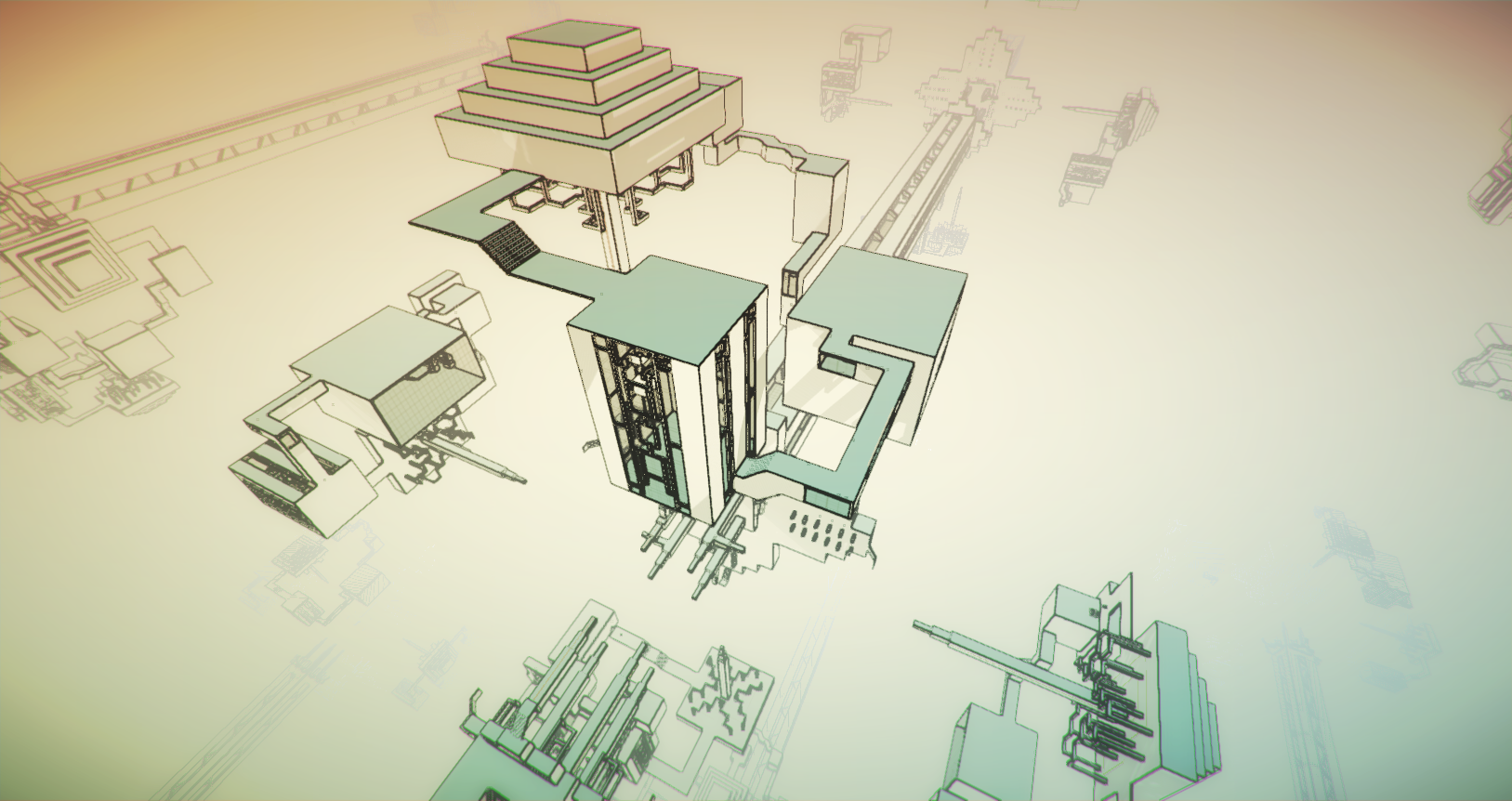
-
Relativity_002
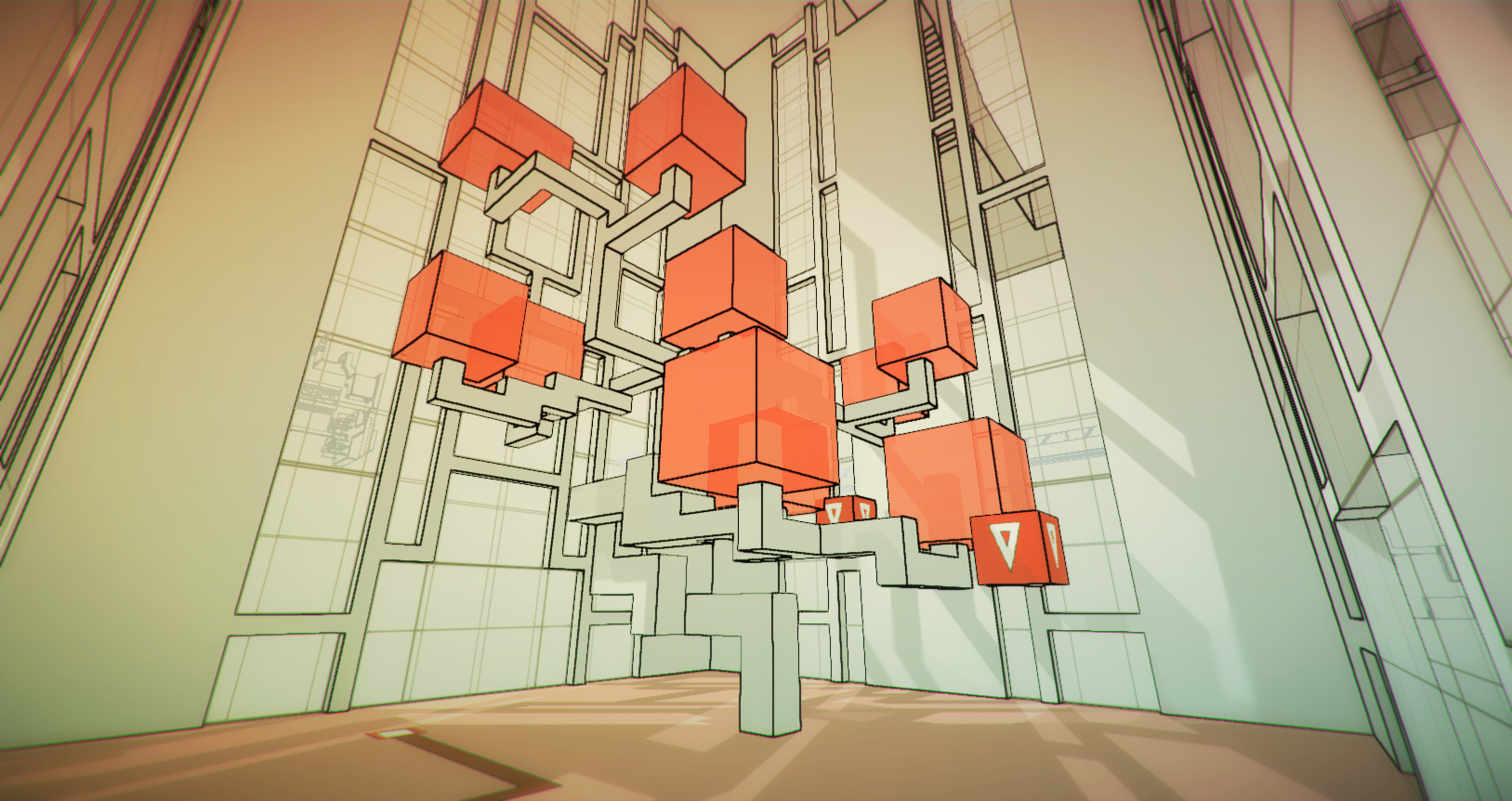
-
Relativity_003
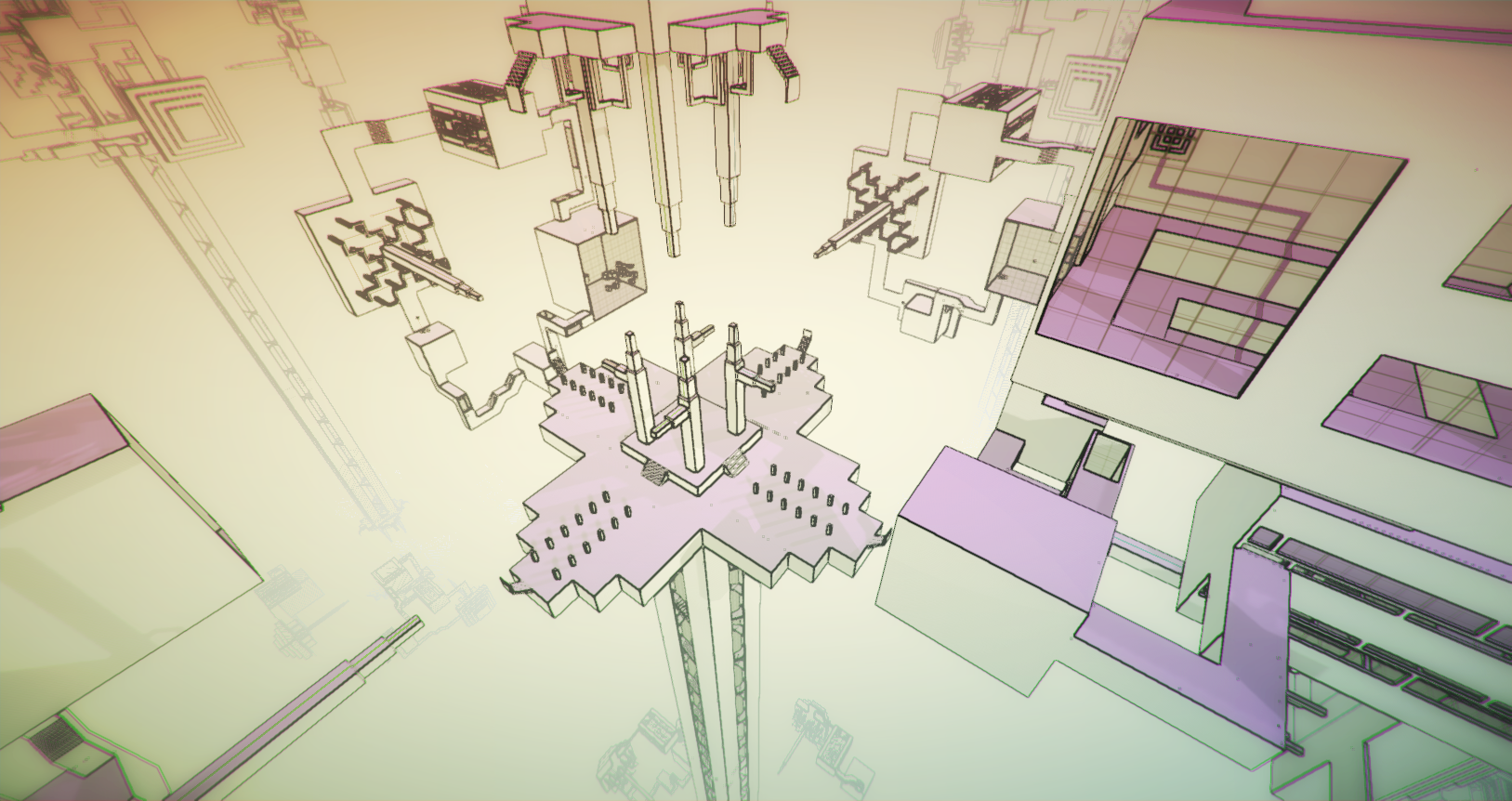
-
Relativity_004
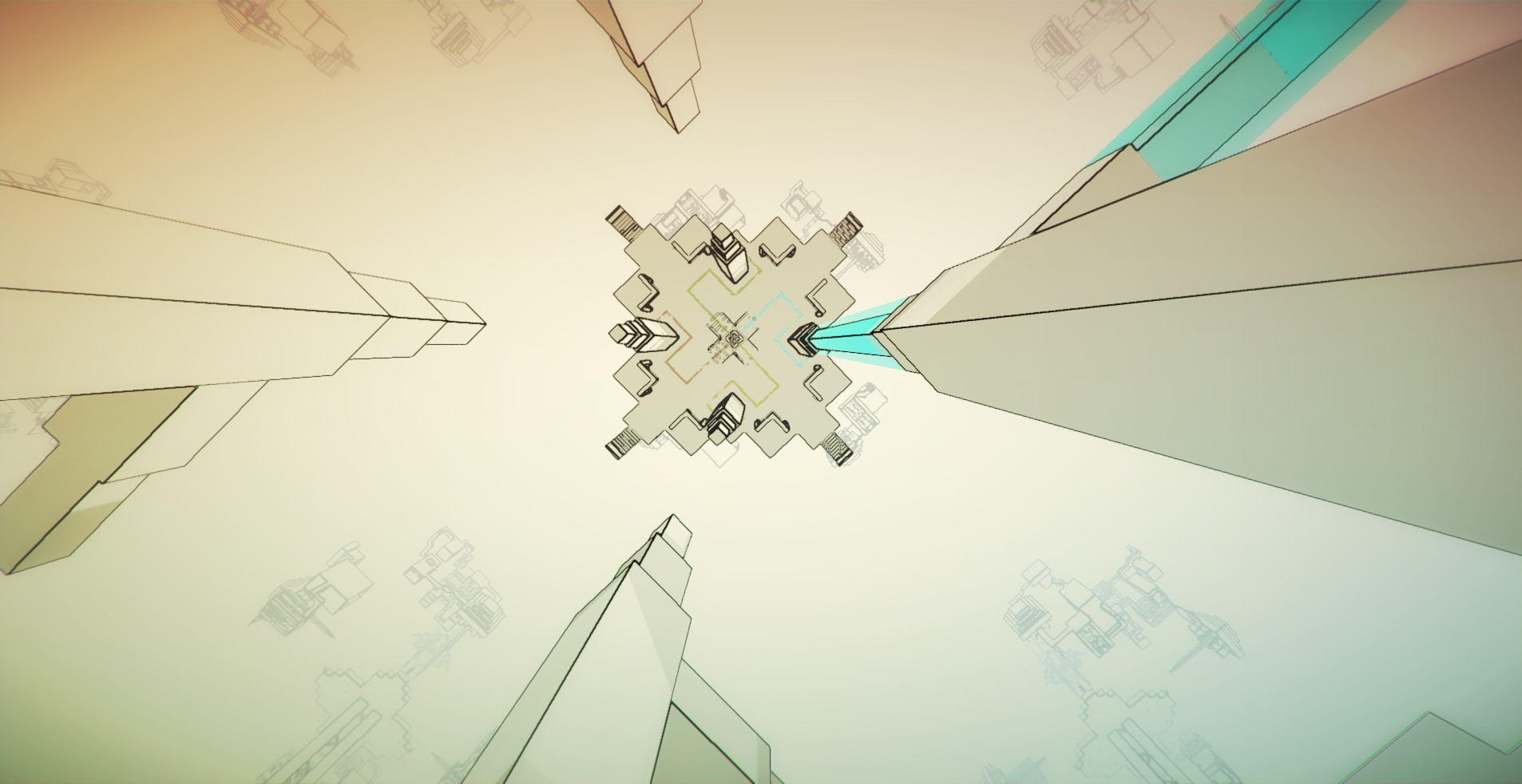
-
Relativity_005
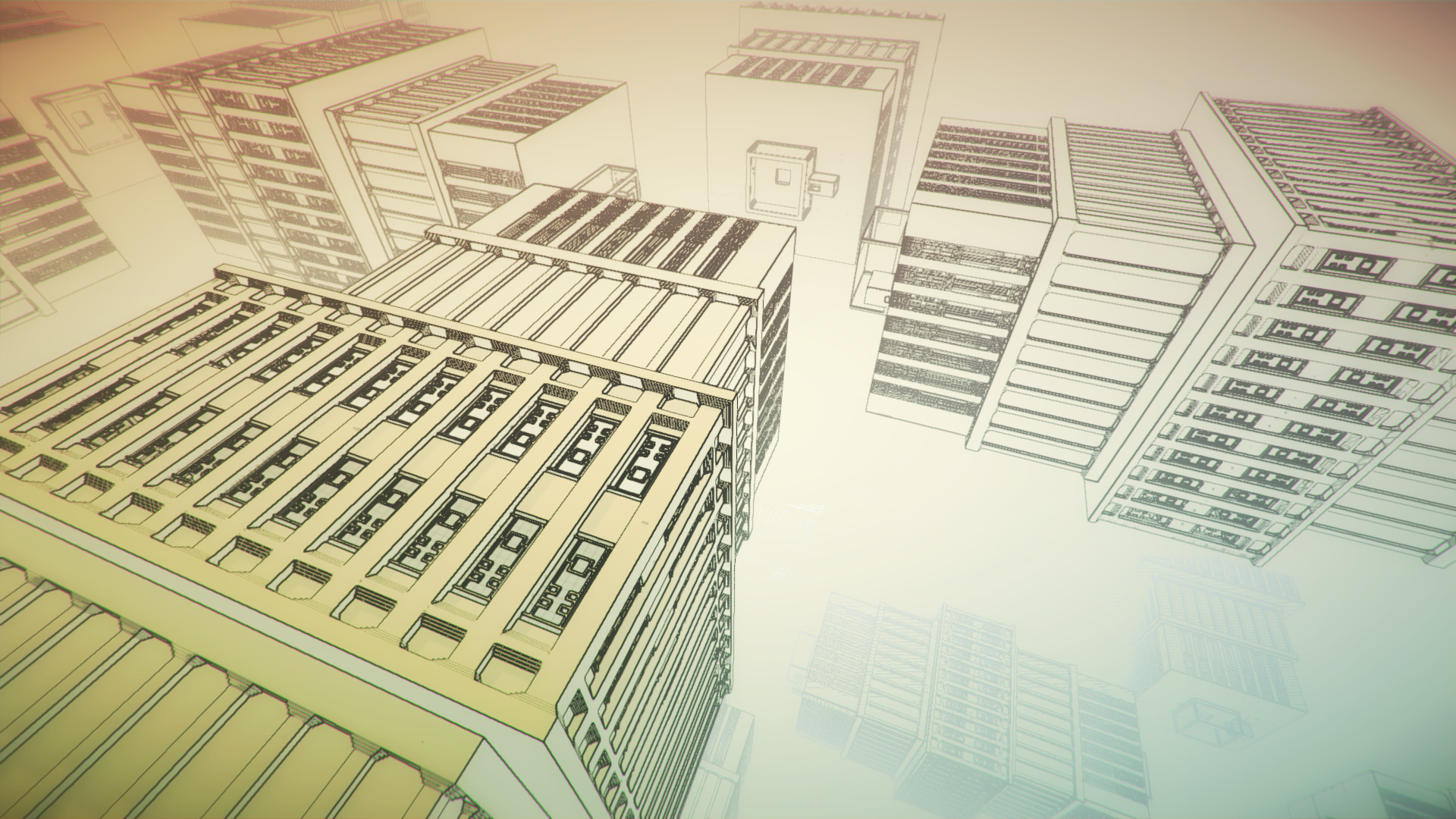
-
Relativity_006
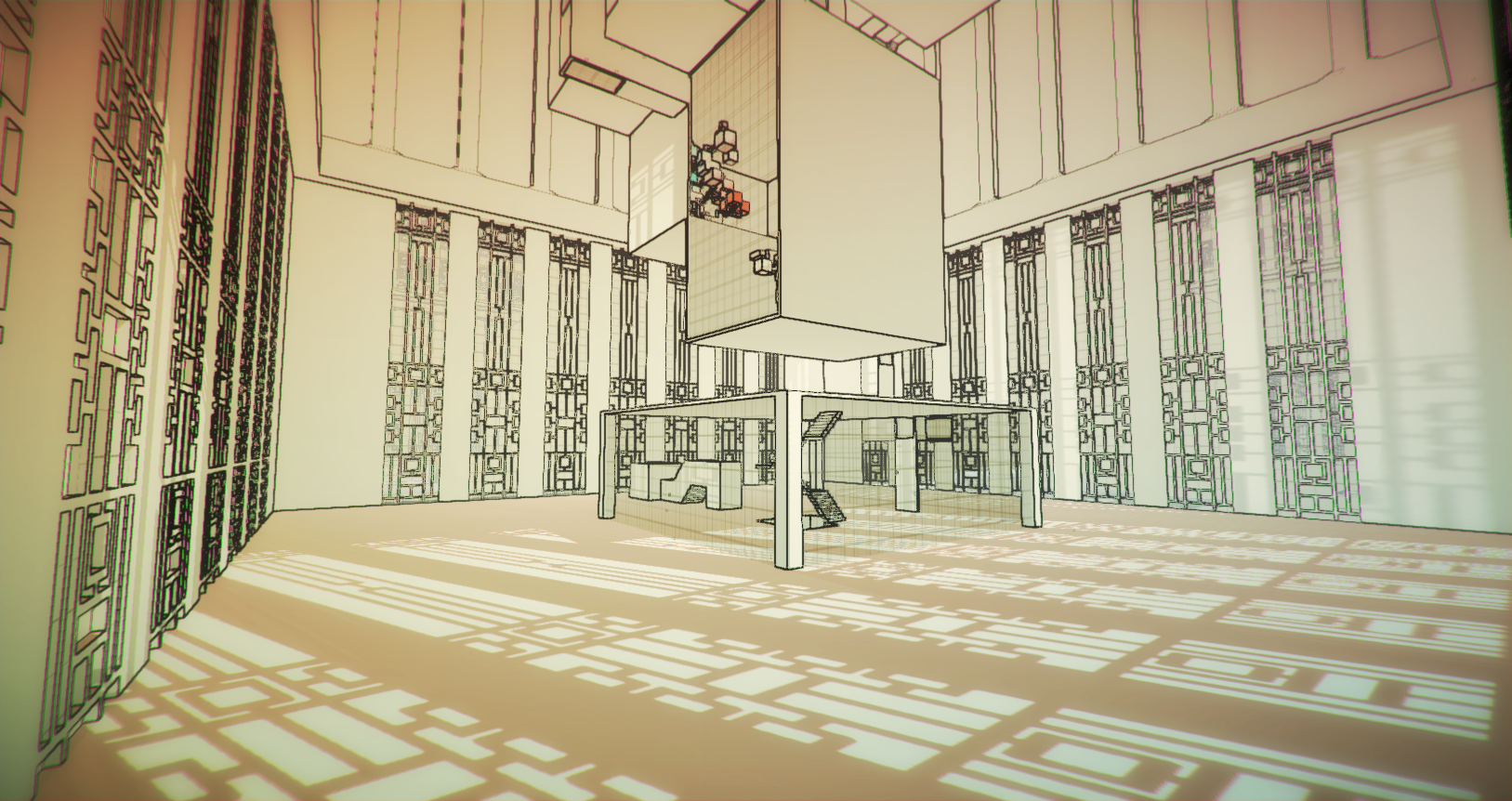
-
Relativity_007
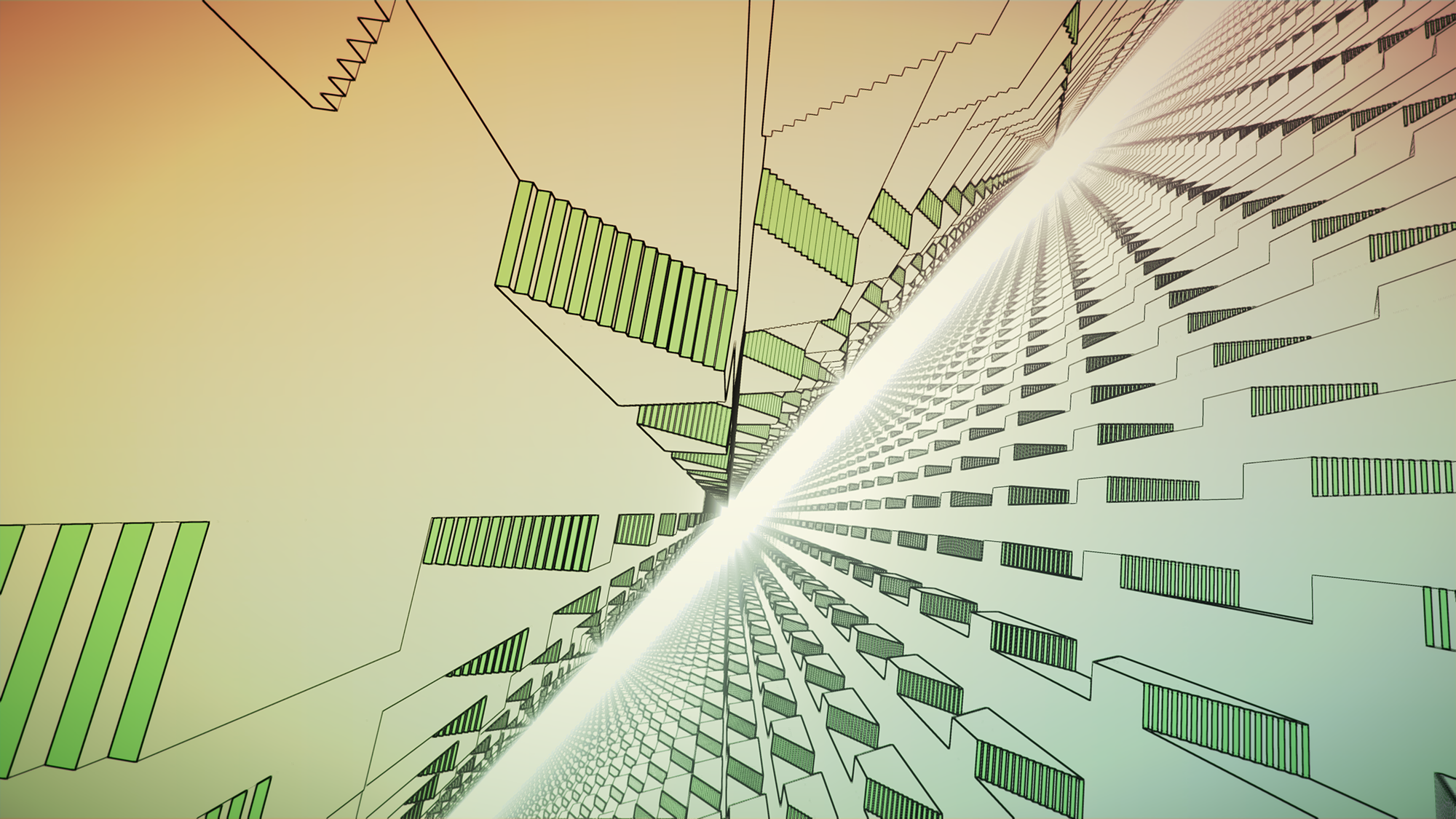
-
Relativity_008

-
Willy Chyrs Relativity Logo

